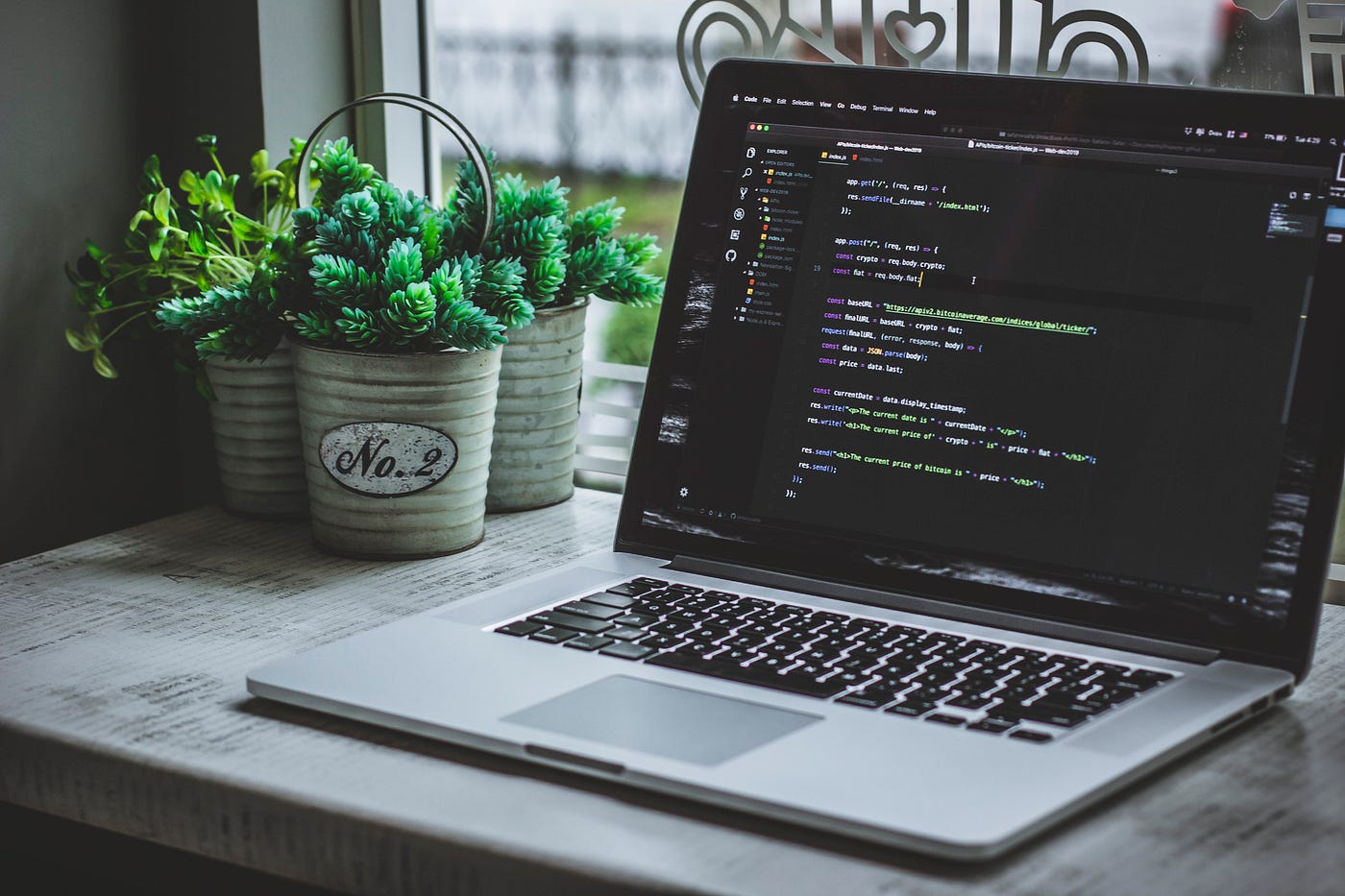- Written by: motaouakkel
- March 13, 2025
📌 Introduction
Mobile development has grown rapidly, and building scalable, high-performance apps is more important than ever. As a Project Manager & Full Stack Developer, I have seen the impact of clean code on app performance, security, and maintainability.
🔹 What Is Clean Code?
Clean code is structured, readable, and efficient. It follows best practices that make development and future updates easier. Key principles include:
- ✅ Readable variable and function names
- ✅ Consistent formatting
- ✅ Avoiding code duplication (DRY Principle)
- ✅ Proper documentation
🔹 Why Is Clean Code Important?
⚡ 1. Better Performance
Messy code can slow down your app. Clean code ensures:
- 🚀 Faster execution time
- 📱 Lower memory and battery usage
- 🎯 Smooth user experience
🛠 2. Easy Maintenance & Scalability
With regular updates and new features, clean code allows developers to:
- ✅ Identify and fix issues quickly
- ✅ Add new features without breaking old ones
- ✅ Reduce development time and costs
📱 3. Cross-Platform Development Becomes Simpler
Clean code is essential for frameworks like Flutter, ensuring:
- ✅ Reusable components for Android & iOS
- ✅ Fewer platform-specific bugs
- ✅ Faster debugging
🔐 4. Improved Security & Fewer Bugs
Well-written code protects against security risks:
- 🛡 Prevents unauthorized access & vulnerabilities
- ✅ Reduces app crashes
- 🔄 Improves long-term stability
📌 How to Write Clean Code
Here are some best practices to follow:
- ✅ Follow coding standards (CamelCase, PascalCase)
- ✅ Keep functions small and focused
- ✅ Modularize code (MVVM, Clean Architecture)
- ✅ Use comments wisely
- ✅ Write unit tests
🎯 Conclusion
Writing clean code is a must for any serious mobile developer. It ensures better performance, easy scalability, and enhanced security.
